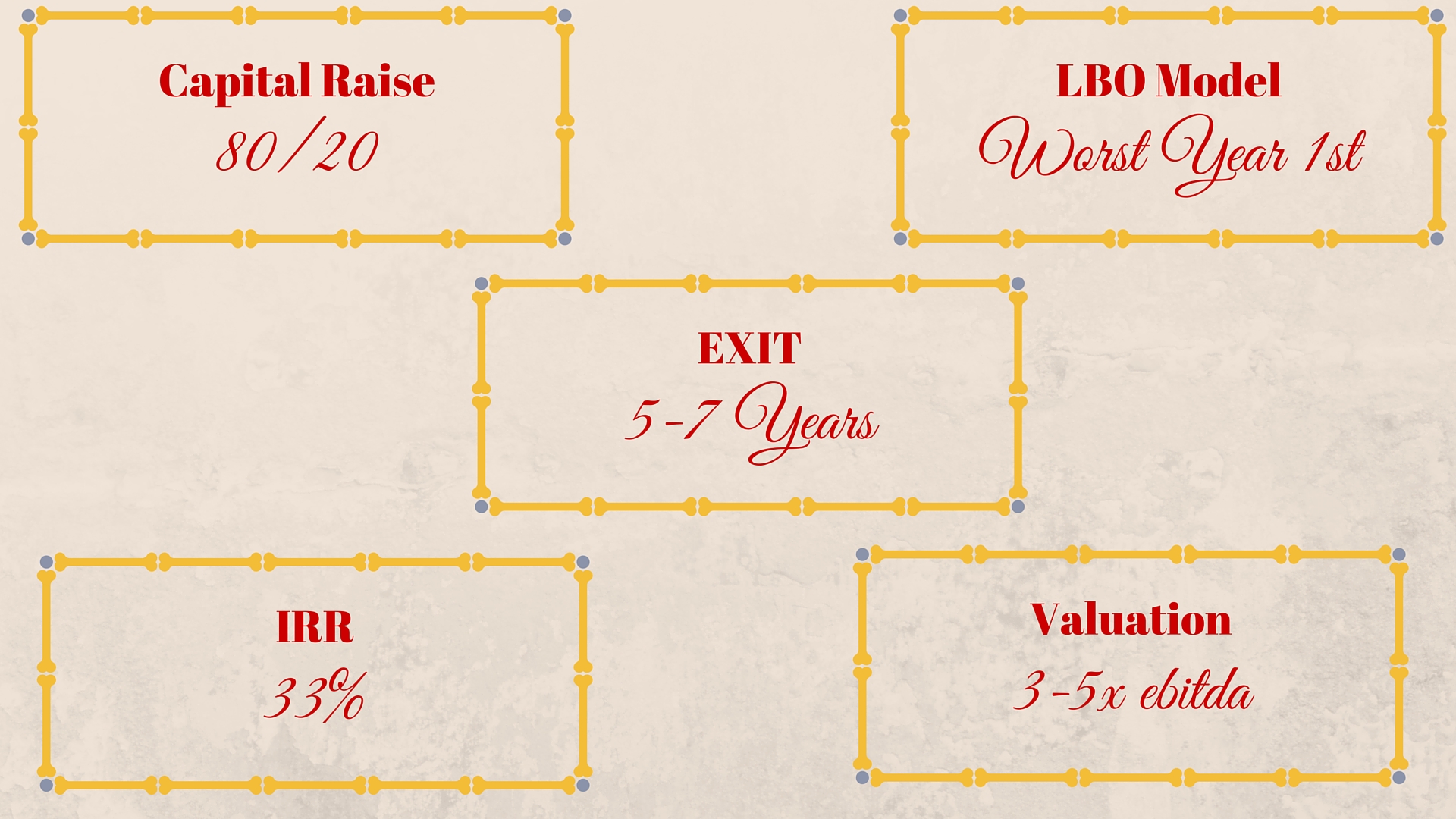I have had folks ask me over the years about how to deal with bad credit when buying a business. In fact what can motivate buyers to buy a business is bad credit. Moreover, life changes, job situations and money problems can be the driving force to thrust one into a different direction to develop a career. Buying a business is an automatic career of your own choosing. So it is understandable that people with bad credit gravitate towards this as an ultimate solution that solves their problems.
So here are a few facts that might shed some light on what you need to know to get around credit problems when buying a business.
- The bad news. When asking for money you will be revealing your credit at some point. You will not slide through to close a deal without some sort of credit check. Now, having said that, this isn’t always true but at least make that assumption. Not everyone will care what your credit looks like but some will ask because it is the smart thing to do.
- Additionally if you have substantial judgements or bankruptcies against you they might turn up in background searches as well. When I was in banking years ago nobody would lend to people with bankruptcies or even small judgements – but these days the story behind the problem is equally important.
- The good news. You usually can get through most of the deal without worrying about your credit. Broker’s will generally not ask about credit until later, although their disclosure documents will sometime mention it. The sellers will not ask until the last minute, and usually at the request of their attorney who, again, thinks it’s a good idea.
- The lenders. Most lenders will have applications that include a personal app which can be used to run a credit report. SS numbers are obtained and usually there is a disclosure statement to sign. However, depending on the loan program, the credit background can be important or not. Factors and asset based lenders for example will focus less on the credit than on the business.
- Many factors have non-recourse programs which do not focus on the personal credit at all even if they do require the personal information of the buyer. Note that a Factor is not technically a lender but a buyer of receivables, and thus they are primarily concerned about the quality of receivables. Banks, on the other hand, will focus more on the bad credit than other lenders but this is for the specific reason of evaluating their guarantor, which you will be. This will be especially true with SBA deals. The tradeoff for cheap bank financing is that banks want lots of protection.
- The Sellers. Because you will be asking for seller financing, and in many cases lots of it, you should expect the seller to wonder about your credit. Seller’s typically are trying to sell their company so they won’t start off by scaring the buyer away with too many requests about his finances. He may indeed ask if the buyer has enough money to swing the down payment – and even require proof – but the creditworthiness will be an afterthought.
- The Attorneys. Requests for credit info usually come through the attorneys as sellers are reluctant to ask you directly and the seller’s attorney must go through your attorney to even communicate with you. This makes the process easier since a good deal attorney can deflect many issues including poor credit.
- The Solutions. There are many ways of doing a deal even if you have bad credit. A lot of these solutions start with the deal components itself and the letter of intent. Maximizing the seller paper is the best way to reduce or eliminate the difficult loans in favor of the easy loans. For one thing the seller will be relatively easy on your credit situation versus other lenders – assuming they want to sell their company. They are also far more negotiable than conventional lenders with strict criteria and are usually willing to be flexible.
- There are multiple ways for the deal terms to protect a seller from a default on seller paper that can’t work for other lenders. For example he can keep many of his assets as collateral where the bank would not be interested. Additionally, operating control can be given back to the seller or remain with the seller as added protection. Many such creative remedies exist that can make the seller paper safe and the seller comfortable enough to complete the deal with a bad credit buyer.
- Another solution: is what I teach some of my students: safety in numbers. If there are three partners in a deal and one of them has bad credit, then really, who cares? You can take on partners to solve the problem. Taking on partners is not necessarily the buyer’s firsts choice and it is a whole separate subject which I will deal with in another post, but it does offer one solution to any number of financial weaknesses in a deal.
When it comes to conventional lenders, being up front with your background is the best way to carve through the pack. You may need to go through 20 or more lenders even with good credit, but during your initial conversation you can easily discover the lender’s criteria and how much he will be concerned about bad credit. Describe your circumstances and see how the lender reacts. You will find that many will simply not be that concerned about it. If there are concerns move on to the next source. There are many alternative lenders that pop up all the time, not to mention capital sources from crowdsourcing and private investors.










